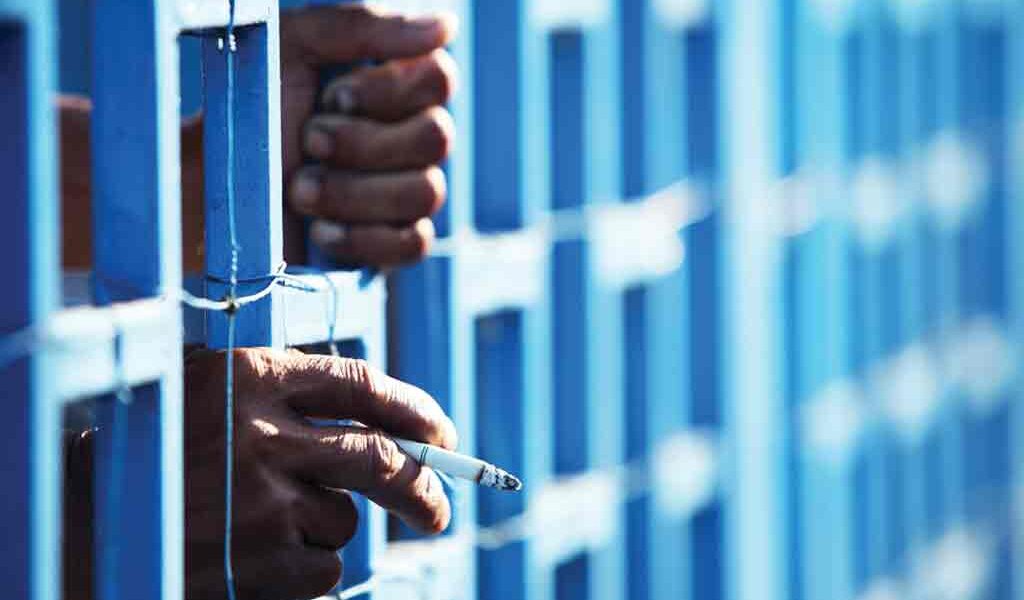- Un-convicted prisoners argue they are ‘not yet’ convicts
- “Smoking ban should affect prisoners”
- Ex-Convicts body director says prisons should not have applied a blanket ban
TEFO PHEAGE
A fresh smoking-in-prison dispute may soon arise following several objections by un-convicted prisoners against adhering to the 2012 Prisons Services smoking ban.
Un-convicted inmates argue that the ban is for convicted prisoners and not everybody who is in custody. They are said to have informed authorities that they have not been sentenced and should not be treated like prisoners.
According to the Prisons Act, a prisoner means any person, whether convicted or not, under detention in a prison.
In response to this publication on the Smoking ban issue, Prisons spokesperson, Wamorena Ramolefhe said “an Act to control smoking of tobacco and tobacco products (Chapter 65:04 Control of Smoking) necessitated the establishment of the Botswana Prison Service Policy on Tobacco Smoking Control of 1995, a document that guides the control and use of tobacco smoking in Prisons with the view to realize a “tobacco-free environment within the prison community.”
According to the act, smoking in private or public workplaces and in public places is a contravention of the law. The act stipulates that no person shall smoke in any enclosed, indoor designated non-smoking area of any private or public workplace or in a public place.
According to the act, a private or public workplace and public place include an office and office building including a public area, corridor, lounge, eating area, reception area, elevator, escalator, foyer, stairwell, restroom, amenity area, laundry room and an individual office.
Asked about how prisoners are responding to the ban, Ramolefhe said they were responding well although it is hard for newly admitted prisoners “but with therapy and counselling they adjust.”
He added that to avoid stimulating or inciting the desire to smoke in prison environment, prison officers are also not allowed to smoke around the prison facility.
Ramolefhe however said they did not experience any notable complications with the ban because before the implementation of the policy, vigorous education campaigns to sensitize the prison community about risks involved in the consumption of tobacco was conducted. This campaign, he said, has empowered inmates with the knowledge and skills to fight addiction to tobacco.
The prisons spokesperson further said as a curative measure, they have in place Drug and Substance Abuse Character Moulding Programme which addresses the risks associated with tobacco consumption and counsels those already hooked to smoking.
The director of the Botswana Institute for the Rehabilitation of Offenders (BIRRO), Mothei Sejakgomo however says while not condoning smoking in prisons, the prisons department should not have applied a blanket ban.
“That is a very painful experience on the convicts and they have said it so many times. The thing is there are three catergories in prisons, the convicts, appellants and those who are undergoing trials. We all know that in life, if you are not a full member of an organization, there are exceptions as to how that organization excises its authority upon you,” he said.
Second-hand smoking was one dispute also reported to have led the officials to ban smoking in prisons. Lawsuit threats by inmates who complained of exposure to second-hand smoking had sparked smoke-free laws within the facilities, according to sources.
Authorities argue that by reducing smoking in prisons, the government will help reduce spending on health care by the Department of Prisons. Public health experts say smoking increases risks of cancer and heart diseases.

